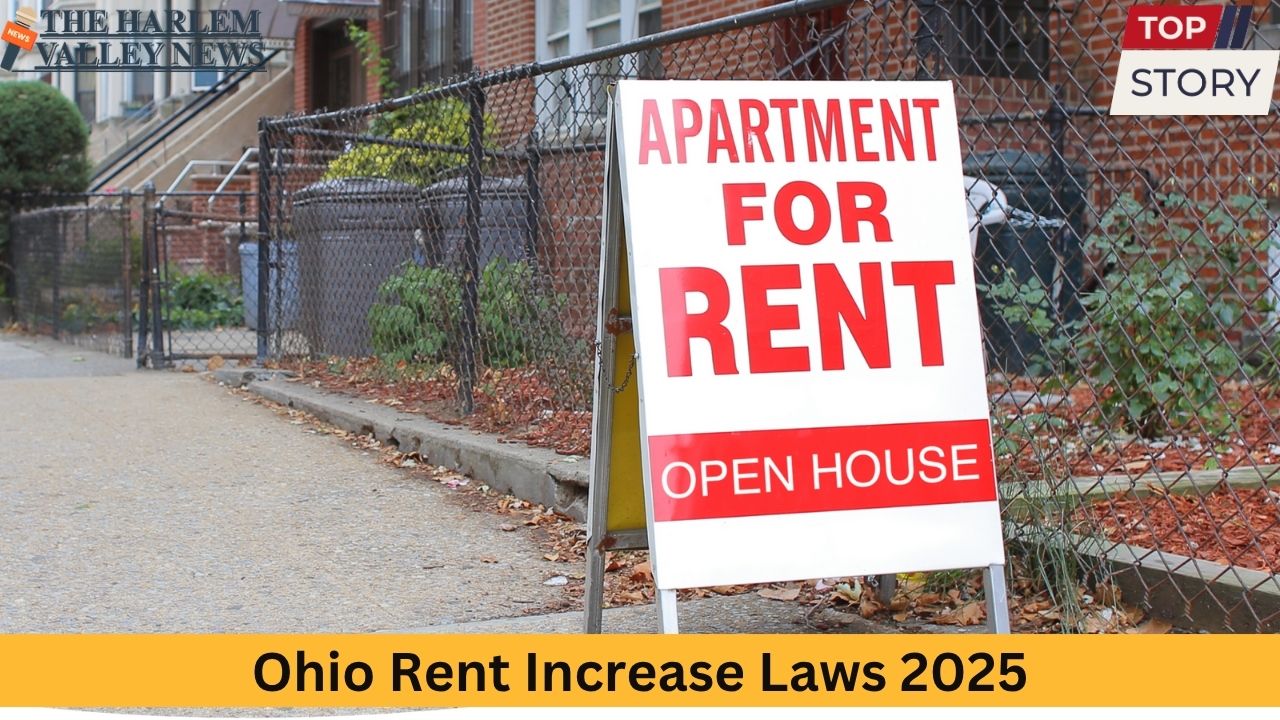In 2025, Michigan has taken significant steps to expand property tax relief for senior citizens, bringing major changes to longstanding policies. The state recognizes the increasing financial challenges facing its older residents, many of whom live on fixed incomes and are feeling the pressures of rising housing costs. This expanded relief is intended to help seniors remain in their homes, reduce their tax burden, and provide a greater sense of security in retirement.
How the 2025 Expansion Changes Senior Property Tax Relief
The following table highlights the primary changes introduced in 2025 compared to the prior rules for Michigan seniors’ property tax relief:
| Provision | Previous Rule (pre-2025) | Expanded Rule (2025) |
|---|---|---|
| Qualifying Age | 65 and older | 70 and older for full exemption proposals; 65+ for credits |
| Homestead Property Tax Credit | Up to 100% credit for property taxes exceeding 3.5% of income, max $1,200 | Increased maximum credits, higher income and property value limits |
| Exemption Proposal | N/A | Full property tax exemption for principal residence (pending) |
| Income Limit for Credit | $67,300 or less | $69,700 or less |
| Property Value Cap for Credit | $154,400 taxable value | $160,700 taxable value |
| Maximum Credit Allowed | $1,700 | $1,800 |
| Additional Standard Deduction | Standard deduction plus $1,900 exemption | Temporary extra deduction: $6,000 (single) / $12,000 (married) |
| Renters’ Property Tax Relief | Eligible, calculated as 20% of gross rent or an alternative formula | Retained, subject to updated income and rent criteria |
Expanding the Homestead Property Tax Credit
The cornerstone of property tax relief for seniors in Michigan is the Homestead Property Tax Credit. This credit historically allowed both homeowners and renters to reduce a portion of their property tax bill, capped at a certain amount and tied to their household income. In 2025, the state expanded eligibility by raising the cap on both household income and the taxable value of homes: now, households with incomes up to $69,700 and properties with taxable values up to $160,700 can qualify. The maximum property tax credit for qualifying seniors has also increased to $1,800, reflecting the impact of inflation and property value appreciation in recent years.
This expansion is particularly beneficial for middle-income seniors, who may previously have been excluded from relief due to tighter caps. Seniors can continue to use either the “circuit breaker” method (which relates tax liability to income) or an older home value method depending on which is more advantageous to their personal situation.
Full Property Tax Exemption Proposal for Seniors Over 70
Perhaps the most transformative development in 2025 is Senate Bill 292, a legislative proposal that, if enacted, would grant a full exemption from property taxes to Michigan homeowners aged 70 and above. This means some seniors could be entirely free from property tax obligations on their principal residences starting with taxes assessed after December 31, 2025.
The concept behind this measure is to offer sweeping relief to older homeowners, many of whom risk losing their homes to rising tax bills even after a lifetime of work. Supporters argue it is a moral imperative to protect seniors from being “taxed out” of their homes. The exemption would apply regardless of whether the individual is retired, further broadening its potential impact.
A distinctive feature of this proposal is that, unlike many other states’ relief programs, Michigan’s bill does not include an income cap. If enacted, all qualifying seniors, regardless of wealth, would benefit. To address the expected loss in local government revenue, the state would use general funds to compensate municipalities, though precise mechanics and funding levels remain to be detailed as the legislation proceeds through debate and amendment.
Additional Relief for Renters and Lower-Income Seniors
Seniors who rent rather than own also remain eligible for substantial relief. The state allows renters to treat 20% of their gross rent as equivalent to property taxes paid for credit calculation. If a senior’s rent exceeds 40% of their income, an alternative formula may result in a higher credit. This approach offers critical support to the large number of low- and fixed-income seniors who do not own homes but still face rising housing-related expenses.
Tax Deferral and Supplemental Programs
In addition to credits and exemptions, Michigan seniors may defer payment of summer property taxes until their winter taxes are due, provided their prior-year household income doesn’t exceed $25,000. This deferment aims to bridge the cash flow gap, allowing time to receive refunds or social security payments that help cover the property tax bill.
Some communities, like Detroit, have further specialized exemptions such as the Homeowners Property Exemption (HOPE) and Pay As You Stay (PAYS) programs, which can entirely wipe out overdue property tax debt for eligible low-income seniors. These programs are separate from statewide credits and are designed for cases of acute hardship or impending foreclosure.
A New Standard Deduction for Seniors
Federal tax law changes in 2025 have also provided Michigan seniors an extra benefit: individuals over 65 can now claim a temporary additional deduction—$6,000 for single filers, or $12,000 for married couples through 2028. This supplement comes on top of the state’s senior income tax exemptions and further reduces taxable income for older adults, indirectly lowering the risk of property tax-related financial stress.
Weighing the Impact and Debates
The push for more robust property tax relief comes as property taxes have climbed in recent years, mainly due to the pandemic’s effect on home values and local fiscal pressures. For many retirees, rising property taxes create a dangerous squeeze since their incomes do not grow in parallel with tax assessments. By expanding relief options, Michigan aims to allow more seniors to age in place, keeping their homes and financial independence.
However, the full exemption proposal is not without critics. Some experts question the fairness of granting a universal benefit regardless of income, suggesting it could result in wealthier seniors receiving windfalls while shifting more of the tax burden onto younger, working families. Others warn of potential negative impacts on the housing market and local public service funding if implemented without careful fiscal planning.
What’s Next for Michigan Seniors?
The suite of expanded tax relief options for Michigan seniors, combined with proposals for full property tax exemptions, could make 2025 a landmark year for older homeowners and renters across the state. While not all proposals are law yet, the trajectory is clear: Michigan’s political leadership is committed to strengthening the financial security of its senior residents.
Seniors are encouraged to consult with tax professionals or local government offices to ensure they are claiming every benefit and to stay informed as new laws and updates are implemented. By taking advantage of these evolving programs, Michigan’s older adults can better weather the economic uncertainties of retirement and continue to enjoy their homes for years to come.
















Leave a Reply